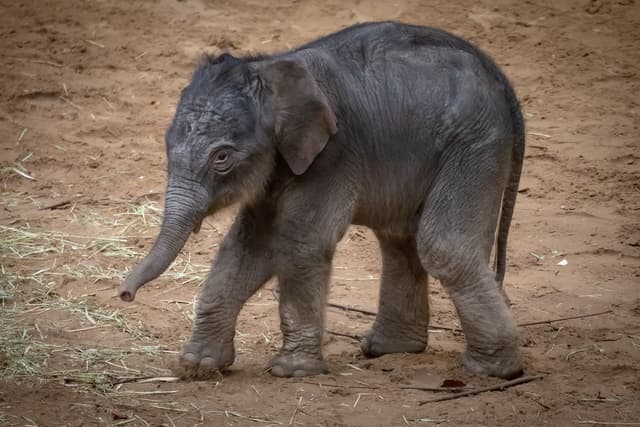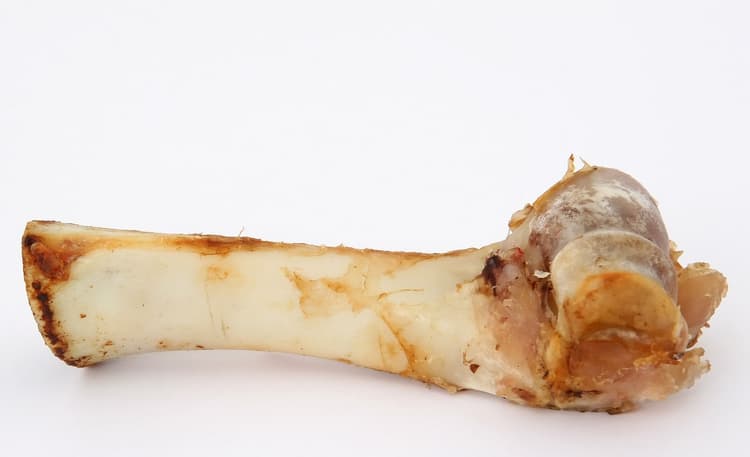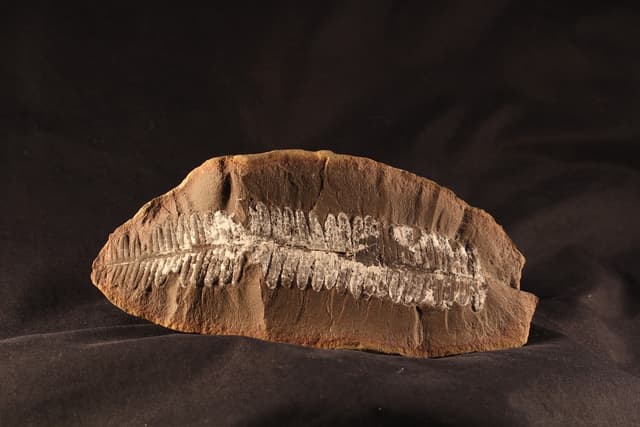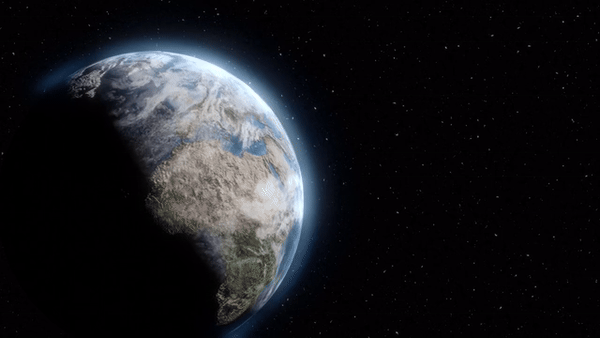Myths about teaching can hold you back
- Year 9
Understanding time scales
I can describe key events in the history of Earth and distinguish between billions, millions and thousands of years ago.
- Year 9
Understanding time scales
I can describe key events in the history of Earth and distinguish between billions, millions and thousands of years ago.
These resources were made for remote use during the pandemic, not classroom teaching.
Switch to our new teaching resources now - designed by teachers and leading subject experts, and tested in classrooms.
Lesson details
Key learning points
- Evidence suggests Earth was formed 4.5 billion years ago (one billion is one thousand million).
- Evidence suggests the first living organisms (microorganisms) appeared around 3.8 billion years ago.
- The oldest fossils are around 3.5 billion years old, and the newest fossils are around 10 thousand years old.
- Evidence suggests the first land plants appeared 500mya, the first mammals 200mya, and modern humans 350k years ago.
- Scientists divide Earth’s history into eons, periods and epochs to make it easier to understand.
Keywords
Billion - One billion is one thousand million (1 000 000 000).
Thousand - One thousand (1000) is equal to 10 × 10 × 10.
Million - One million is one thousand thousand (1 000 000).
Evolution - The characteristics of species gradually change over time, sometimes forming new species. This process is called evolution.
Extinction - Extinction is the permanent loss of a species.
Common misconception
Students struggle to comprehend absolute ages of key events in the history of Earth and evolutionary history.
This lesson provides many examples and context to give students a sense of the differences in time scales involved in the history of Earth and evolution.
To help you plan your year 9 science lesson on: Understanding time scales, download all teaching resources for free and adapt to suit your pupils' needs...
To help you plan your year 9 science lesson on: Understanding time scales, download all teaching resources for free and adapt to suit your pupils' needs.
The starter quiz will activate and check your pupils' prior knowledge, with versions available both with and without answers in PDF format.
We use learning cycles to break down learning into key concepts or ideas linked to the learning outcome. Each learning cycle features explanations with checks for understanding and practice tasks with feedback. All of this is found in our slide decks, ready for you to download and edit. The practice tasks are also available as printable worksheets and some lessons have additional materials with extra material you might need for teaching the lesson.
The assessment exit quiz will test your pupils' understanding of the key learning points.
Our video is a tool for planning, showing how other teachers might teach the lesson, offering helpful tips, modelled explanations and inspiration for your own delivery in the classroom. Plus, you can set it as homework or revision for pupils and keep their learning on track by sharing an online pupil version of this lesson.
Explore more key stage 3 science lessons from the Adaptations, competition, natural selection and evolution unit, dive into the full secondary science curriculum, or learn more about lesson planning.

Equipment
Content guidance
- Depiction or discussion of sensitive content
Supervision
Adult supervision recommended
Licence
Prior knowledge starter quiz
6 Questions
Q1.What name is given to the number 1000?
Q2.Which of the numbers below represents one million?
Q3.What is the name of the planet upon which we all live?

Q4.Which picture shows a fossil?




Q5.Which of these things could not become a fossil?



Q6.What is a fossil?
Assessment exit quiz
6 Questions
Q1.Write one thousand as a number.
Q2.What is the correct way to write one million?
Q3.What name is given to the number 1 000 000 000?
Q4.After studying the ages of rocks, when do scientists think the Earth was formed?



